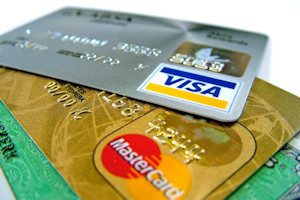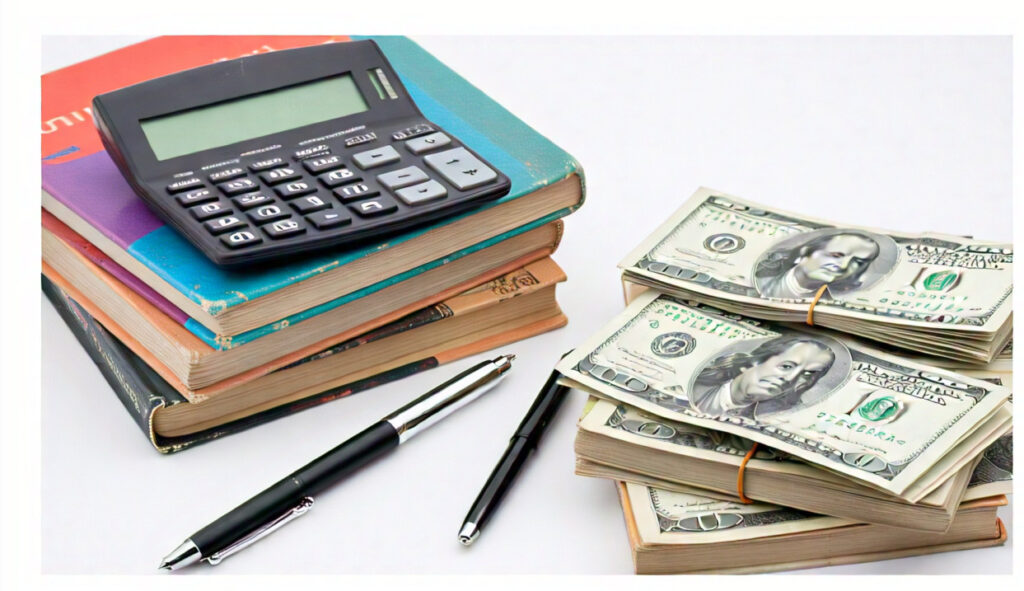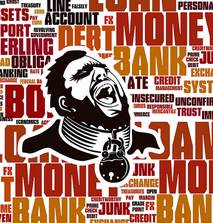A good credit score can make life easier. You may be able to get lower interest rate loans, lower premium insurance policies or a better deal on rent. It may also be easier to get a job or get an apartment in a desirable area. Let’s look at why a person may have a bad credit score and how to overcome it.
What Causes Bad Credit?

If your bad credit rating is the result of an error on your report you are entitled to post a comment explaining the situation. You should also talk with the company responsible for entering the erroneous information and try to get them to correct it. If you are unsuccessful you should contact a lawyer or Credit Counseling agency for assistance (or check out the book recommended by Amazon below). Often a simple letter from a lawyer will result in action even if you have unsuccessfully contacted them multiple times yourself.
The Credit Bureaus
You’ve probably heard of the big three credit bureaus: Equifax, Experian, and TransUnion. These credit bureaus are private companies and not government agencies. Each is a separate entity and operates independently of the others. People you do business with may report credit related information to one, two or all three of the credit bureaus. And since the bureaus generally do not share information with each other (i.e. the competition) the information in your credit file may be different for each bureau. They may also gather information about you from public records, like a tax lien or bankruptcy. When you apply for a loan or a credit card or a lease the bank or company will request (and pay for) a credit report from one (or all) of these bureaus and then base their decision (and terms) on the results they get.
What about FICO? Interestingly, FICO is the company who developed and maintains the FICO credit score but it isn’t actually a credit bureau. Instead, they compile your credit score based on data from the big three credit bureaus.
How Do You Know if You Have Bad Credit?
The next question of course is how do you even know that you have bad credit? In the past you had to request a credit report directly from each of the credit bureaus. You are entitled to one free report for each one every year (and also when you are denied credit based on the results of a report). But these days many credit card companies are offering you the ability to check your credit report from their preferred bureau online for free as often as you like. Simply click a link from inside your account.
How to Stop Bad Credit from Holding You Back
While having bad credit may make it harder to be seen as a responsible person, there are ways to proceed even with a low credit score. For instance, if you can show that you make enough money to repay a loan, a lender may be willing to work with you. Of course, they will charge you more in fees than someone with better credit. You can also apply for a secured credit card i.e. where you put a deposit in an account (usually $500) and they then extend you a “credit card” with that amount as a credit limit. Unlike a Debit card you do not draw against that balance, instead you make payments just like a credit card and they keep your deposit to insure that you pay your bill. Once again even though they have zero risk they will charge you a hefty fee. The advantage is that it gives you practice paying your credit card on time, builds a positive credit rating and allows you to not have to carry cash. Just be sure that the secured card you choose, actually reports your payment history to the credit bureaus. You can also try working with lenders who are willing to work with those who may have credit problems. If you get a car, for example, you can buy from a used car lot that specializes in cars for people with bad credit or you can lease a car from a company or dealership that is willing to work with those who have low credit scores or none at all. The advantages of a lease is that your down payment will be smaller than with a purchase, the disadvantage is that your total cost may be the same but at the end of the lease you won’t own the car. So if you decide to go the lease route be sure to read the terms carefully.
Talk With a Financial Adviser
Regardless of your credit score, it may be a good idea to work with a financial adviser to develop better financial habits. A financial adviser may be able to help you create a budget or work with creditors to resolve past due debts. This person may also talk to you about the pros and cons of bankruptcy as a form of debt relief.
Credit Mistakes Won’t Haunt You Forever
Information on your credit report only stays there for seven years. The only exception is a Chapter 7 bankruptcy that will stay on a credit report for 10 years. However, most lenders only care about what you have done in the past year. Therefore, you have plenty of motivation to learn from your mistakes and make better financial decisions beginning right now.
Just because you have poor credit today doesn’t mean that you will always have bad credit. Working with creditors to resolve past due debts or working to reduce your debt-to-income ratio could be important steps in repairing your credit in a timely manner.
You might also like:
- Rent to Own Homes: Smart Choice or Mistake?
- Buying a New Car – Can You Afford it?
- Introduction to Car Financing
- The Real Toll Car Depreciation Takes On Your Net Worth
Recommended by Amazon:


